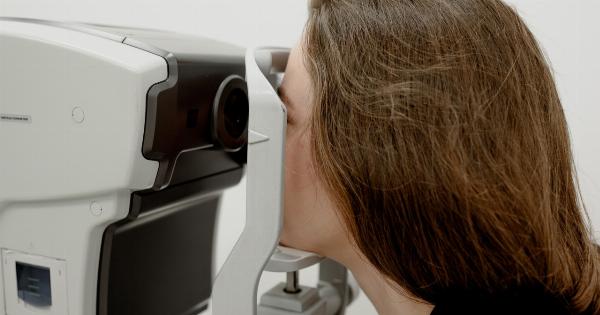Vision care is an important part of overall health, yet too often it is neglected. Comprehensive vision care coverage is essential in ensuring that individuals have access to all of the eye care services they need to maintain good eye health.
This type of coverage typically covers everything from routine exams to prescription lenses to more advanced procedures like LASIK, and can be found through private health insurance plans, Medicare, or Medicaid.
Routine Eye Exams
One of the most important aspects of comprehensive vision care coverage is coverage for routine eye exams. These exams can help identify vision problems early on, which can prevent them from becoming more serious or even irreversible.
Routine eye exams are recommended every one to two years for individuals who have no history of eye problems, and more frequently for those with specific risk factors, like people with diabetes or a family history of certain eye conditions.
Prescription Lenses
If visual problems are identified during a routine eye exam, then prescription lenses may be necessary to correct them.
Comprehensive vision care coverage often includes coverage for both eyeglasses and contact lenses, and may also cover some of the cost of frames or lenses beyond what is considered basic or standard. This coverage can make it more affordable for people to get the eyewear they need to see clearly.
Treatment for Eye Conditions and Diseases
Comprehensive vision care coverage may also include coverage for treatment of eye conditions and diseases. This can range from more common conditions like dry eye or conjunctivitis to more serious conditions like cataracts or glaucoma.
Treatment may include prescription eye drops, oral medications, or even surgical procedures. Having this coverage can help ensure that individuals get the medical treatments they need to improve their vision and prevent further damage or worsening of their conditions.
Laser Eye Surgery
Some comprehensive vision care coverage plans also provide coverage for LASIK or other types of laser eye surgery.
These procedures can be used to correct refractive errors like nearsightedness, farsightedness, and astigmatism, and can lead to significant improvements in vision without the need for corrective lenses. Although these procedures are often considered elective and not medically necessary, having comprehensive vision care coverage that covers them can make it more feasible for individuals to consider them as an option.
Emergency Eye Care
In addition to routine exams and treatment for conditions or diseases, comprehensive vision care coverage can also include coverage for emergency eye care.
This can include treatment for sudden vision loss, eye infections or injuries, or other sudden and severe eye problems that require immediate attention. Having this type of coverage can ensure that individuals get the emergency care they need without worrying about the cost.
Limits and Exclusions
It is important to recognize that even comprehensive vision care coverage may have limits or exclusions. For example, certain types of procedures or treatments may not be covered, or may be subject to strict requirements or limitations.
Additionally, vision care coverage may be subject to co-pays, deductibles, and other out-of-pocket costs, which can vary depending on the specific plan and the services being provided.
Choosing a Vision Care Coverage Plan
When choosing a vision care coverage plan, it is important to consider a number of factors.
These can include the specific services covered, the out-of-pocket costs associated with each service, the network of providers available, and any restrictions or requirements associated with the plan. Comparing different plans and asking questions about coverage and costs can help individuals make informed decisions about their vision care coverage.
Conclusion
Comprehensive vision care coverage is an important part of maintaining good eye health and preventing and treating vision problems.
With coverage for routine exams, prescription lenses, treatment for eye conditions and diseases, laser eye surgery, and emergency eye care, individuals can get the care they need for all aspects of their eye health. However, it is important to be aware of any limitations or exclusions associated with vision care coverage and to choose a plan that best meets one’s individual needs.






















